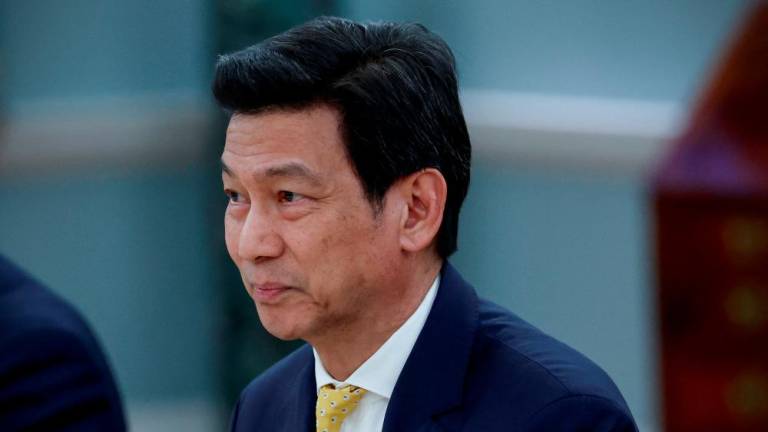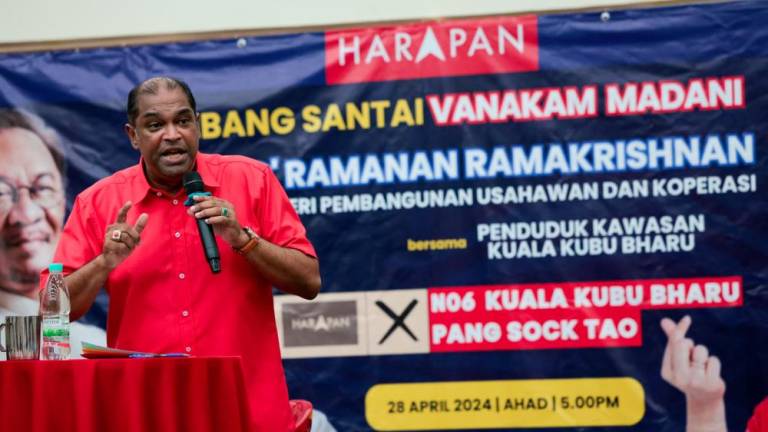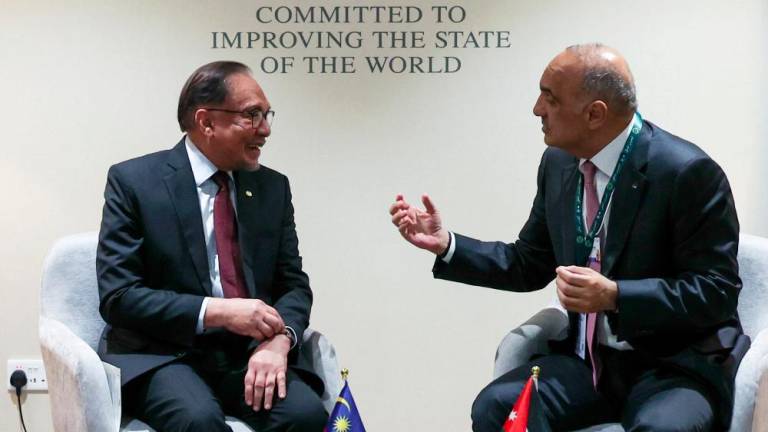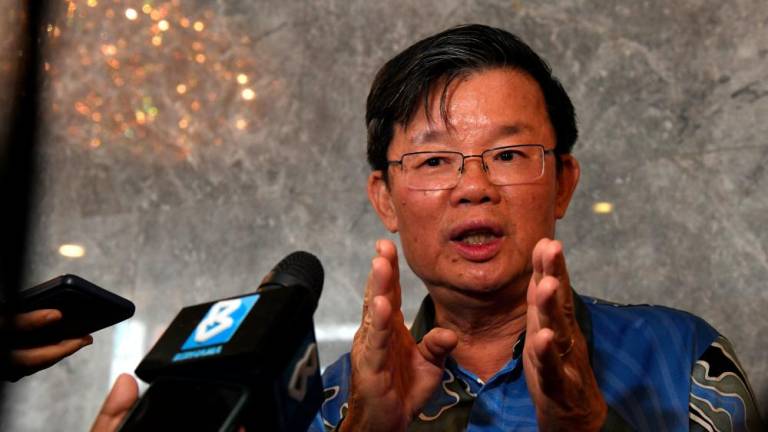MALAYSIA is said to be among the few countries that have crafted their own philosophy of education nationally. This was made known to the audience at the Seminar on Values-based Education last week at the International Islamic University Malaysia. The philosophy aims to provide the country with a better focus and direction as to how education could enhance Malaysia’s standing as a nation that is independent to shape and inform her own destiny as well as identity.
Coming on after 30 years of Merdeka that ignited the same aspiration, the move to develop an education philosophy is apt and strategic in its intent. It is after all a negotiated document that brings together enormous goodwill among the citizens of a newly-born sovereignty.
Like the Rukun Negara that came into being in 1970 as a positive reaction to the aftermath of the May 1969 tragedy, the Falsafah Pendidikan Negara (FPN) acted in the same way to “educate” the nation to be unified and cohesive as a sovereignty. In essence, it acts like the Rukun Negara taking on the educational platform by articulating each of the five principles of the former in more ways than one. In fact, the FPN must be read alongside the Rukun Negara as a social contract among its loyal citizens.
Unfortunately the Rukun Negara falls short of the targeted goals causing a cry, more recently, to re-institutionalise it. That few among us can recite the principles of Rukun Negara, is a strong indication of how, we, as citizens take real interest of Malaysia’s state of being. It is therefore not a coincidence that theSun is the only newspaper (if not among mass media as a whole) that carries the Rukun Negara as a matter of concern beyond that of reporting routine news. This further sums up the state of lethargy when it comes to promoting the Rukun Negara to the public. In the same way, much can be said about the educational ecosystem that is almost devoid of the Rukun Negara too – in letter and spirit, as a common values system cutting across the nation and its populace.
So it is not surprising if even fewer of the current generation have even heard of the FPN (1988), less still to understand what it all entails in the search for knowledge and purpose to be educated as Malaysians as well as global citizens in tandem with the international and civilisational worldviews. It has now been another 30 years since FPN made its debut, and underwent some small but significant changes; and was renamed as Falsafah Pendidikan Kebangsaan (FPK) in 1996. Although in reality the spirit remains unchanged, still its impact remains insufficiently recognised when it comes to embedding values.
However this by no means implies that it is no longer relevant to the educational development of the day. Far from it. Instead, the very fact that Unesco in the same year released the Four Pillars of Learning for the 21st Century is evident enough. This is because the four pillars resonate well with FPK and arguably with another Unesco-led agenda, the Sustainable Development Goals as the Education 2030 Agenda.
FPK if properly conceived and executed will not only be relevant for the future, but also vibrant and humanising in its impact. In the words of Education Minister Maszlee Malik, when officiating the seminar, “it’s not enough for children to know how to read, count, and write. They must care about humanity too.” He recognised that the FPK is still very relevant although it has been neglected in the new millennium. He said the FPK focuses on producing balanced individuals through continuous and holistic efforts based on a belief in God.
The FPK is fully endorsed and supported by participants of the seminar to be lifted up again as the values-based education system in meeting the demands of the future. This is deemed more important than the “profit-driven” ranking because the latter gives no assurance “to produce graduates who are good citizens, who care about the environment, and are considerate of others.”
With some four decades of experience in education, the writer believes that “another world is possible”. Comments: letters@thesundaily.com










